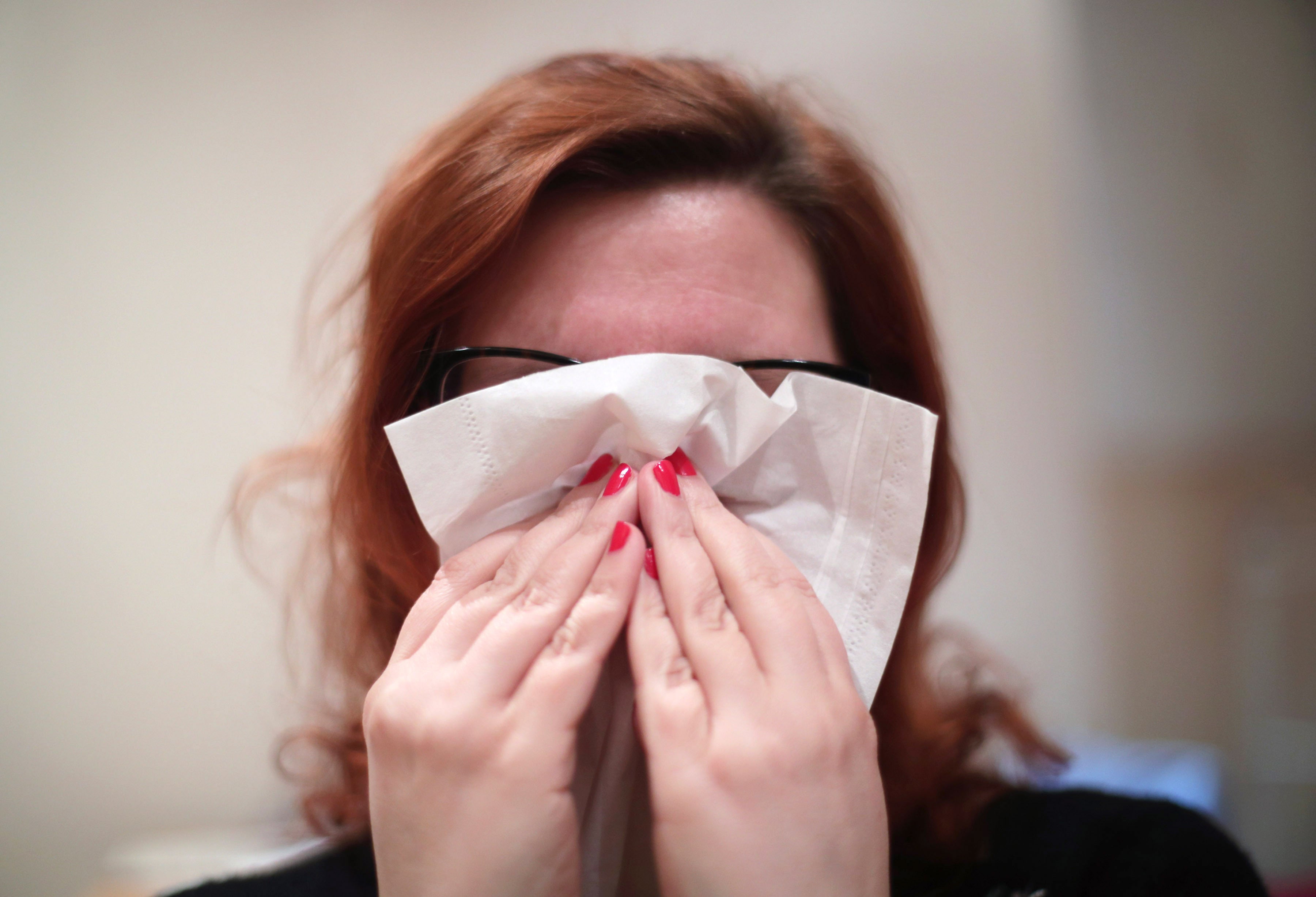Scientists discover how Covid disrupts sense of smell
Researchers identified for first time specific molecules which trigger parosmia, reports Tom Batchelor


A new study could explain why some people suffer a distorted sense of smell after catching Covid-19.
Researchers in the UK have identified for the first time specific molecules which trigger parosmia – a condition linked to coronavirus which can make infected people find certain smells revolting.
Loss or change to sense of smell is one of the most common and recognisable symptoms of coronavirus, alongside a new, continuous cough, a high temperature and altered taste.
The molecule, called 2-furanmethanethiol, was described as disgusting among people with parosmia despite those with a normal sense of smell comparing it to a coffee or popcorn scent.
To determine the cause of the distortion, researchers used a technique that separates out the chemicals that make up the smell of instant coffee and let several people with parosmia after infection smell them one at a time.
Most of these people picked out the same chemicals as smelling disgusting and setting off their parosmia.
The scientists – from the University of Reading and University College London – said these chemicals, which were known to have strong smells to humans, can be grouped into four classes based on their chemical shape and the elements they contain.
“These findings help in the understanding of what chemical compounds trigger parosmia, which may help in developing diagnostics and therapies for this condition in the future,” the report’s authors said.
“An understanding of trigger molecules allows bespoke development of objective tests for parosmia, which are much sought after by patients, researchers, and clinicians alike.
“From a patient perspective, an understanding of trigger foods, on a molecular basis, allows us to provide informative and scientifically sound advice around dietary choices and meal planning for those with post-infectious olfactory disorder, and the clinicians, health professionals and families who care for them.
“This study represents a significant development in the understanding of this increasingly widespread condition and will guide further research and future therapies.”
A separate, earlier study by researchers in Singapore found that altered smell was 16 times more likely to happen to people with specific, pre-existing nasal abnormalities.
The March 2022 study discovered that people who lose their sense of smell when diagnosed with Covid-19 could have a nasal abnormality called an abnormal olfactory cleft.
The olfactory clefts are tunnels in the nose that help make us able to smell normally, and an altered or decreased sense of smell - or an olfactory dysfunction - was found to be 16 times more common in those with an olfactory cleft abnormality.
“Before this study, most scientists thought that the loss of smell in Covid-19 was mainly due to inflammation and damage to the olfactory nerves,” said senior author Neville Wei Yang Teo, of Singapore General Hospital.
“Now, we have compiled evidence from medical imaging that Covid-19 loss of smell is also due to swelling and blockage of the passages in the nose that conduct smells.”
The latest findings are published in the journal Communications Medicine.
Join our commenting forum
Join thought-provoking conversations, follow other Independent readers and see their replies
Comments
Bookmark popover
Removed from bookmarks